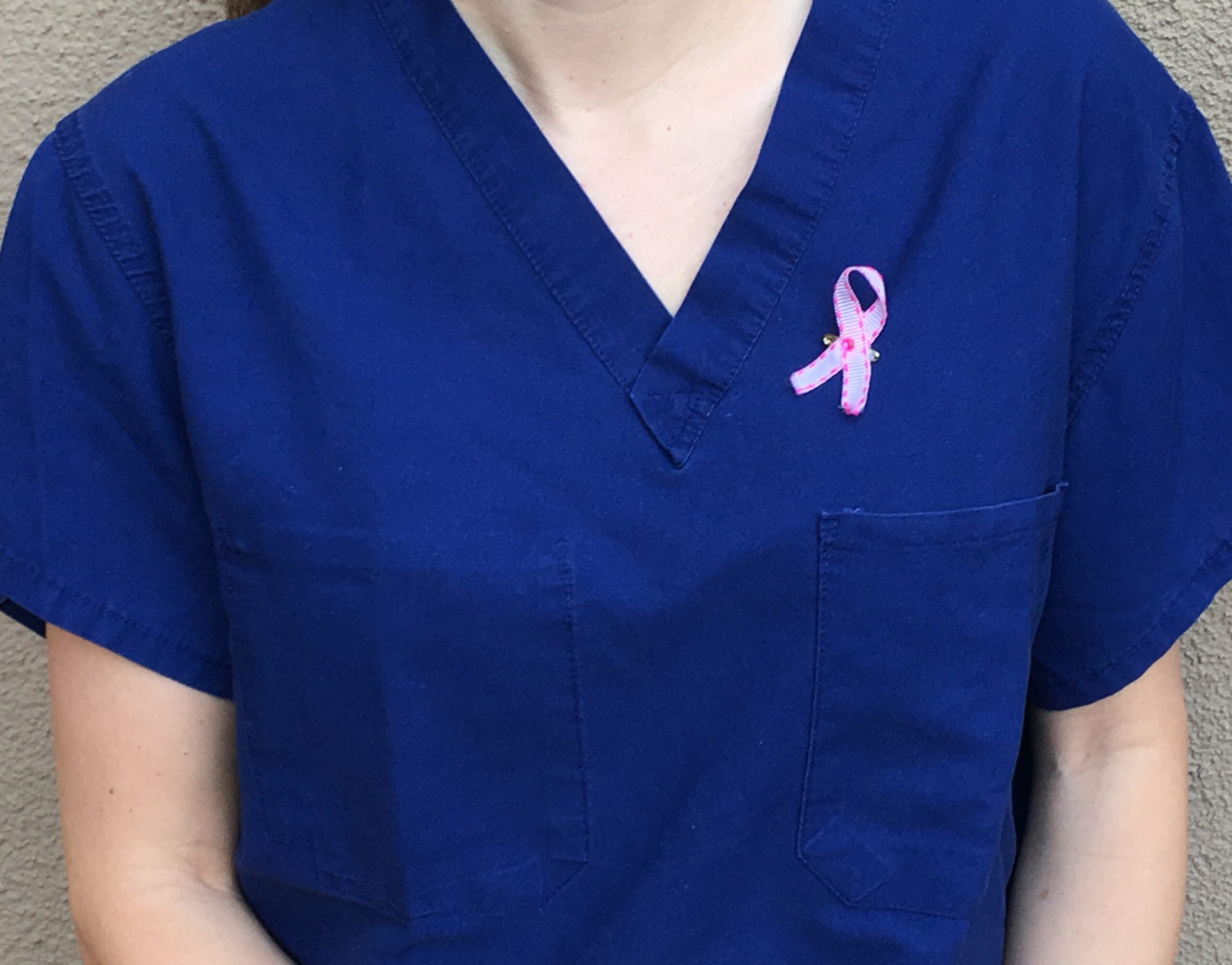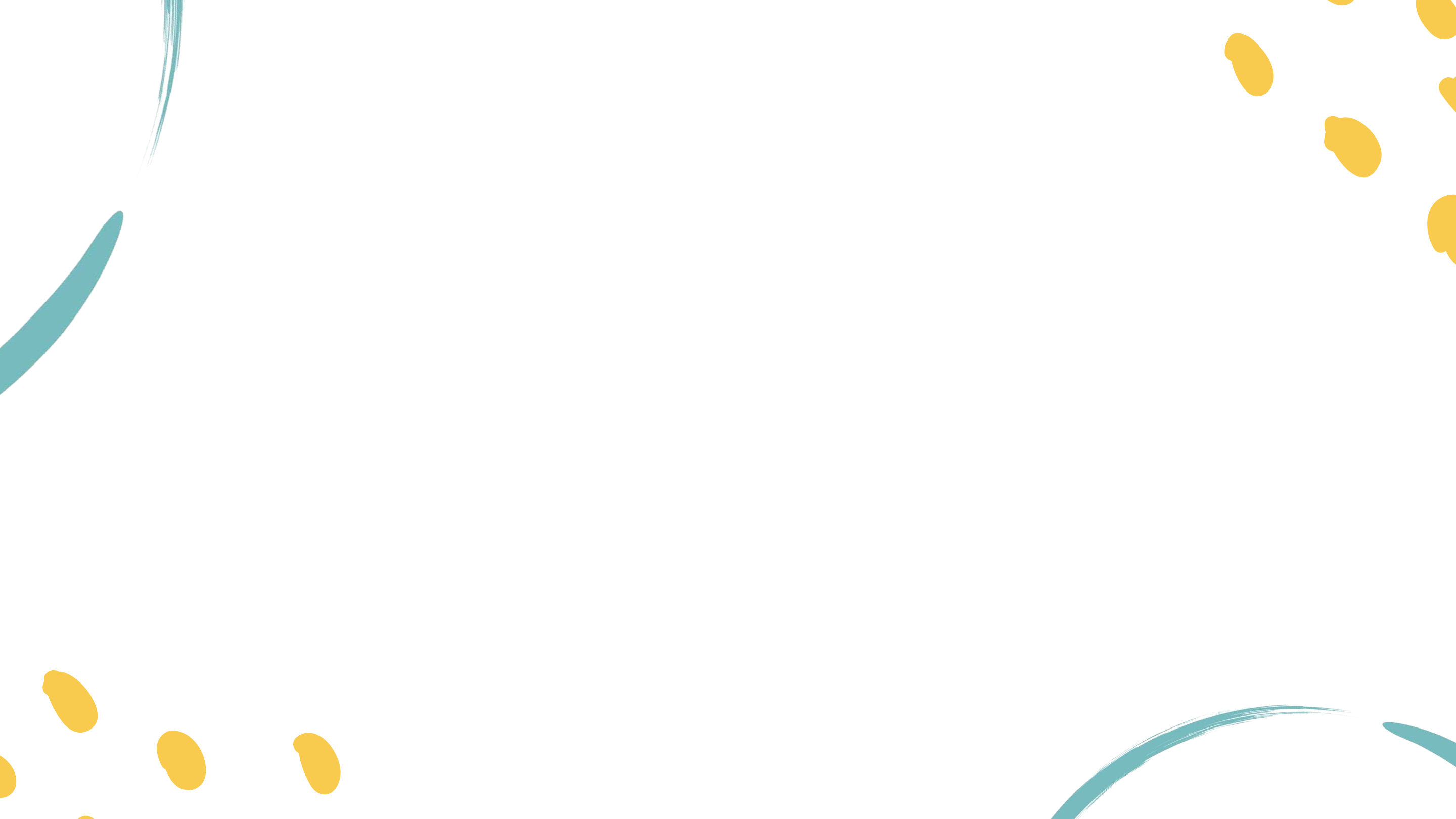
Being on the Other Side of the Scalpel, Anne Peled, MD

Six weeks ago, I was diagnosed with invasive breast cancer.
As a breast cancer and breast plastic surgeon, I see women all the time who are in the exact same place I’ve been since receiving the phone call from the pathologist. Shocked and terrified by the news, overwhelmed by what this is going to mean for their life in both the short- and the long-term, waiting for results from what seems like endless tests that could significantly change their treatment options. When talking about my practice, I would tell people that my goal was to provide the kind of personalized, high-touch care that I would want to have if I were in my patients’ position – I never imagined I’d actually be needing that kind of care myself, though.
So far the journey has been, and I know will continue to be, an unpredictable course of emotional highs and lows, buoyed by great testing news one day only to be followed by an evening where I can’t stop tearing up every time I hug my three young kids. I really never understood until now that the discussion I have with my patients about surgical choices for breast cancer in so many ways isn’t about choices at all; it’s really about picking what seems like the better of two non-ideal options for a disease you certainly didn’t choose to get and that will be a part of you in some way for the rest of your life.
I truly believe these options can get better, that we can come up with new techniques and technologies that continue to give women great cancer outcomes but do an even better job at minimizing the impact on their previously scheduled, pre-cancer lives. Approaches that don’t take away from their feelings of self; leave them feeling as close to “normal” as possible; allow them to maintain their jobs, family life, exercise routines, and personal relationships without compromise following surgery. As I’ve struggled with my own surgical “choices” over the past six weeks, I know that these better options can’t come soon enough.
As I write this, I am days away from having a lumpectomy, sentinel lymph node biopsy and oncoplastic breast reconstruction. As a surgeon, in many ways this part of my treatment feels the most predictable, as it is mostly reassuring (though also at times terrifying) to know exactly what all the steps of my procedure will be, a replica of an operation I’ve done many times. But I’ve been struck in the past weeks by how every time I pick up the scalpel to start an operation, I have a brief moment of the recognition that I’m soon going to be on the other side of the scalpel, in an unfamiliar and vulnerable position completely in the hands of my (fortunately amazing) surgical team. I was humbled before by all of the patients who put a similar trust in me to be their surgeon, but now truly understanding what it’s like to be entirely in someone else’s hands, especially in the midst of all of the anxiety after being diagnosed with cancer, has transformed that feeling into sheer gratitude. So as I head into my own surgery, I take that deep feeling of gratitude with me – gratitude for the women who trust me to do operations to cure their breast cancer, for the surgeons who are going to cure me of mine, for the family and friends who have shown me more love than I ever could have imagined, and for the sparkling hope I hold so strongly in my heart that we are one day going to completely transform breast cancer care.



